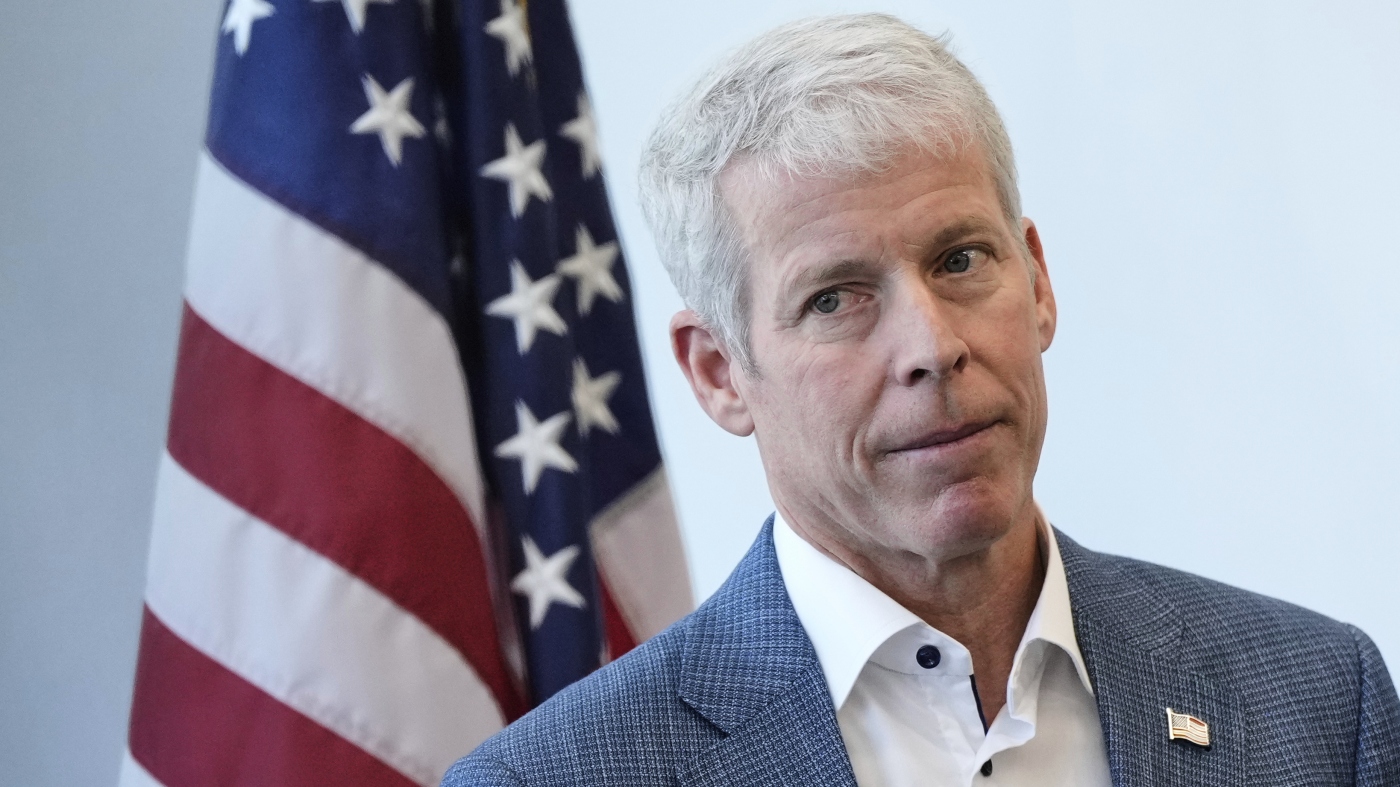The Department of Energy (DOE) recently made headlines by cancelling over $7 billion in funding for various projects. This decision, announced on the first day of a government shutdown, has sparked debates about accountability and the future of America’s energy resources.
Energy Secretary Chris Wright explained that the DOE reviewed 223 projects and found them lacking in economic viability. He emphasized that this aligns with President Trump’s commitment to protect taxpayer dollars and focus on affordable energy solutions. However, no specific project details were provided, leaving many stakeholders in the dark.
Critics, particularly from the Democratic side, see this move as a political tactic. They argue it’s a way to target states that didn’t support Trump. Senator Chris Murphy of Connecticut lamented that actions like this undermine democratic principles. He questioned the fairness of cancelling projects during a critical funding period.
On a broader scale, this funding cut comes at a time when electricity demand is on the rise. Many utility executives stress that we need clean energy projects to support new technologies and industries. Despite the push for renewable energy, the Trump administration seems to be limiting these initiatives, which some argue could lead to higher utility bills for everyone.
Recent surveys show that 86% of Americans support expanding renewable energy projects. This sentiment underscores the potential backlash against cuts to funding in blue states, as pointed out by Senator Jeff Merkley.
This situation isn’t just about politics; it’s about ensuring America meets its energy needs in a sustainable way. As we navigate these changes, the importance of collaboration across the political spectrum becomes even more crucial.
For more detailed insights into energy policies and their implications, check the DOE’s official announcement here.


